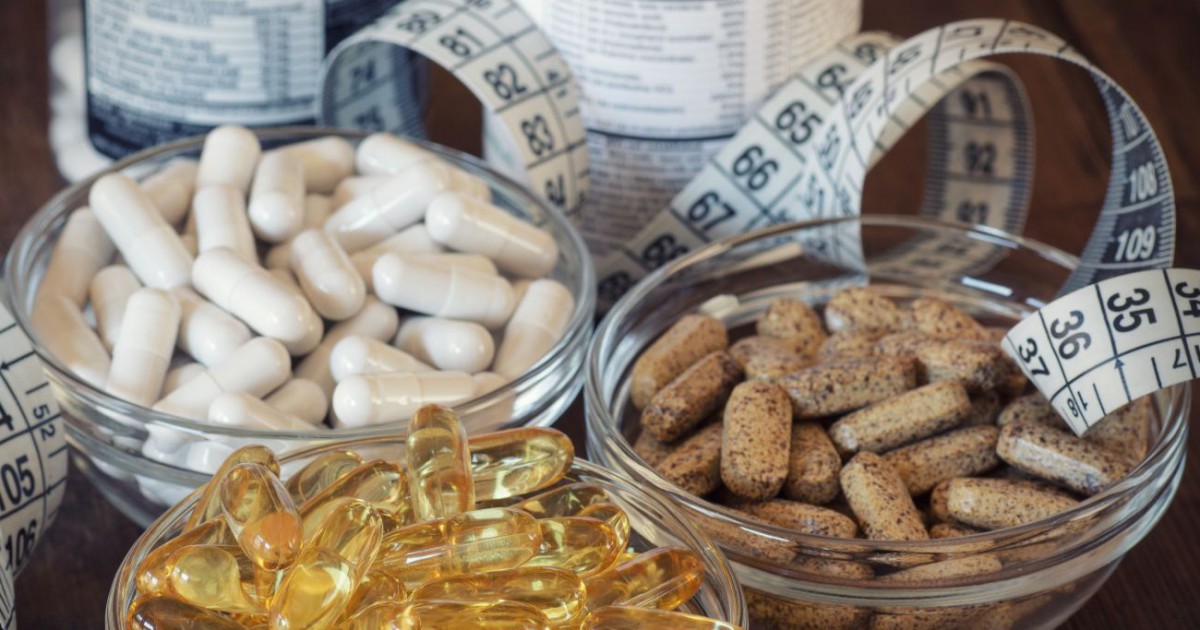Supplements can come in a variety of forms such as energy bars, pills or liquid food replacements. There are a wide variety of choices available, and you can find great deals on supplements with a search online.
Many think that supplements must be regulated and are therefore safe to consume. But, in the United States, supplements are treated more like special foods and not like drugs. Here’s how to tell which supplements are safe and which to steer clear of.
Look for Scientific, Controlled Studies by a Third Party
In order for a drug to become available to the public, many years of research and trials must be conducted. First, the drug has to be tested in the lab and then may be tested on animals before clinical trials in humans are undertaken. After data is submitted, a team of health experts review the information to ensure that the drug is safe and effective enough to be put on the market.
Supplements, on the other hand, are not under such strict regulation. Fortunately, many third parties such as the government, universities and researchers do scientific, placebo-controlled studies involving supplements and the results can be found in journals on PubMed.gov. The supplement manufacturer or distributor may also conduct studies which they claim are scientific, but you should be skeptical as these may be biased. The bottom line is that if a supplement has been shown (multiple times) to be safe in scientifically controlled studies by third parties, it’s likely safe.
Ask a Local Healthcare Professional
Always consult your doctor or a dietician before trying a supplement. Your doctor may not know everything about all the supplements available on the market, but they may be able to save you from making a big mistake. Some supplements may interact with other medications you’re taking and there may not be any warning labels on the packaging. Other supplements may not even be necessary for the condition you’re trying to fix. Sometimes just changing your diet and exercising may be enough to get your health back on track.
Avoid Products Which Claim to Be a “Cure-All” or “Miracle”
The effects of many supplements are often exaggerated. If you see an advertisement for a supplement, (or any product for that matter) that seems too good to be true, it probably is. Always remember that there is no one single drug or supplement that can cure everything. Such a product, if it did exist, would have countless ingredients. As you can imagine, the more ingredients that a product has, the higher the chances that it’ll have side effects. Furthermore, if a product claims to be a treatment for a specific illness, it’s technically being sold illegally as a drug. Try to look for products that have positive reviews online by real people and products that don’t sugarcoat their potential side-effects.
Take Into Account the Reputation of the Manufacturer or Distributor
Well-known manufacturers and distributors are always under the public eye. They’re usually well aware that they have a reputation to uphold and are expected to deliver a certain quality of products. So, many reputable companies that sell supplements ensure that their products are tested rigorously and do have clinical trials for their supplements. It would be a much wiser decision to choose a supplement from a well-known company than a supplement from the back of someone’s van. When you purchase a supplement from an unknown company, you run the risk of it being contaminated or not doing what it’s supposed to do.
